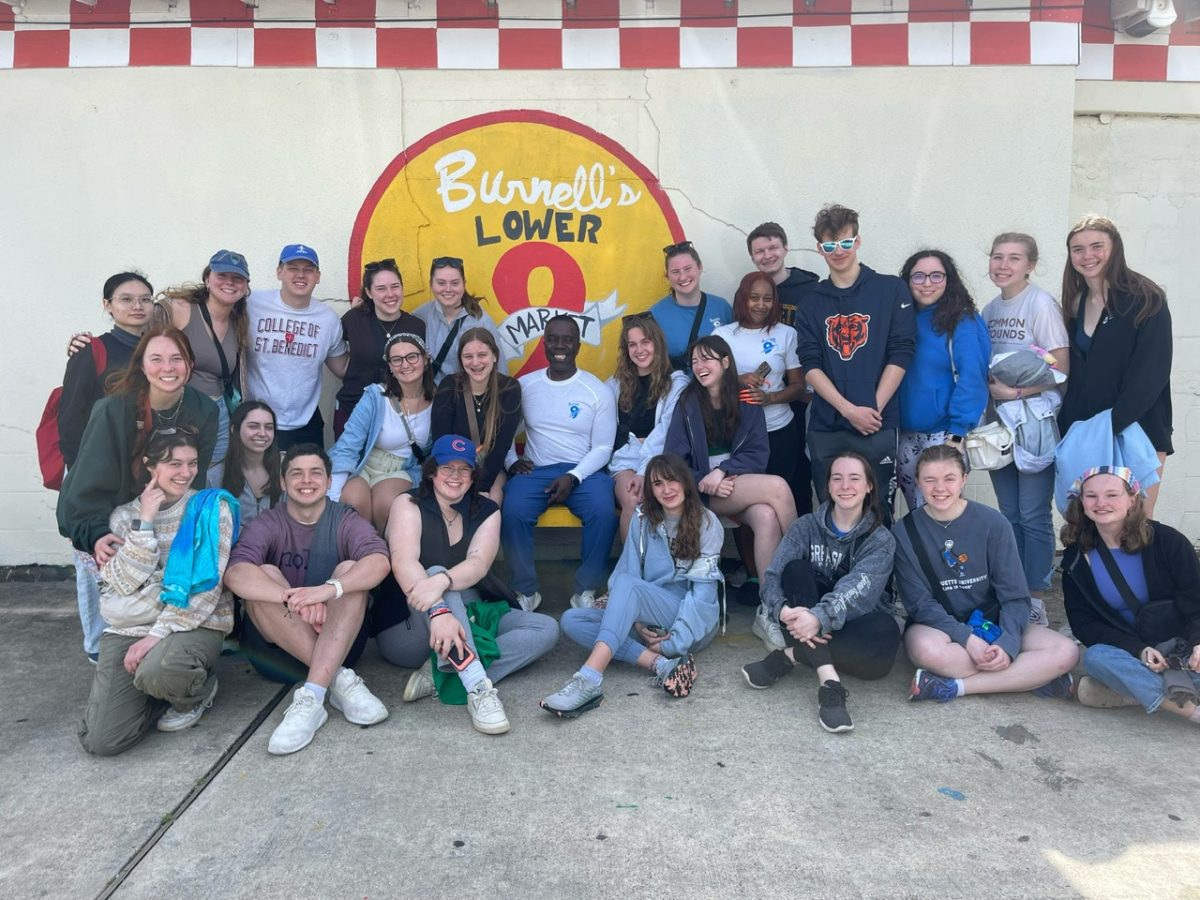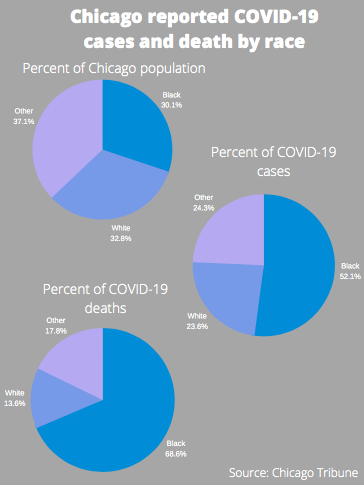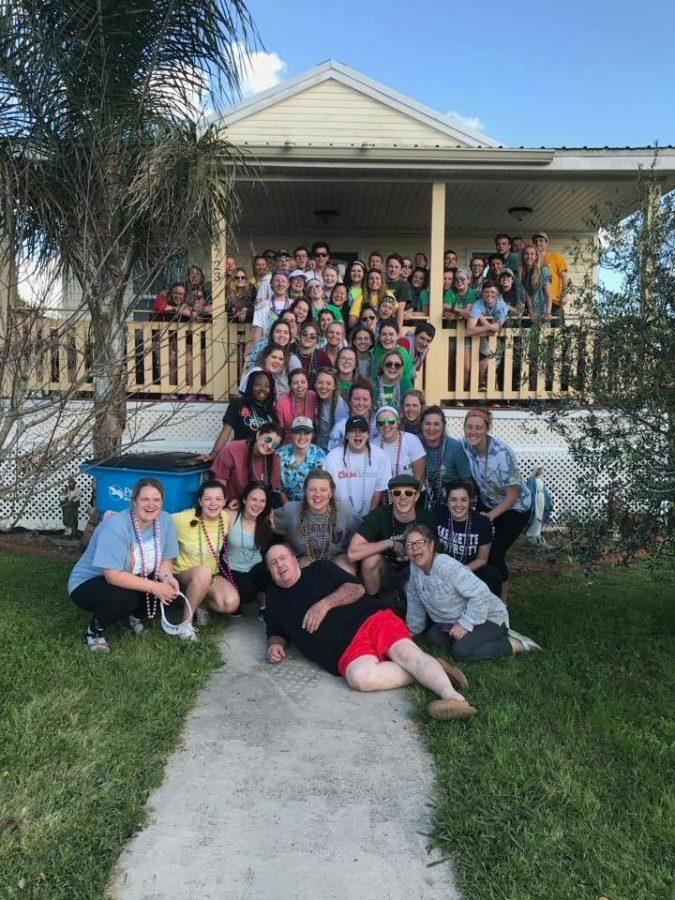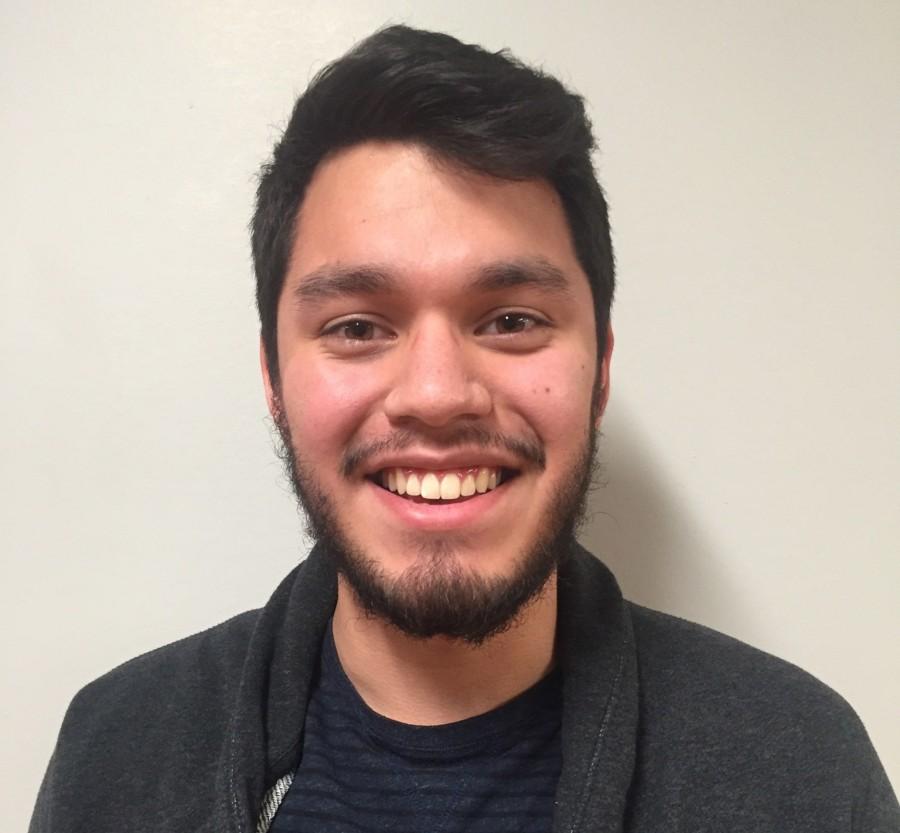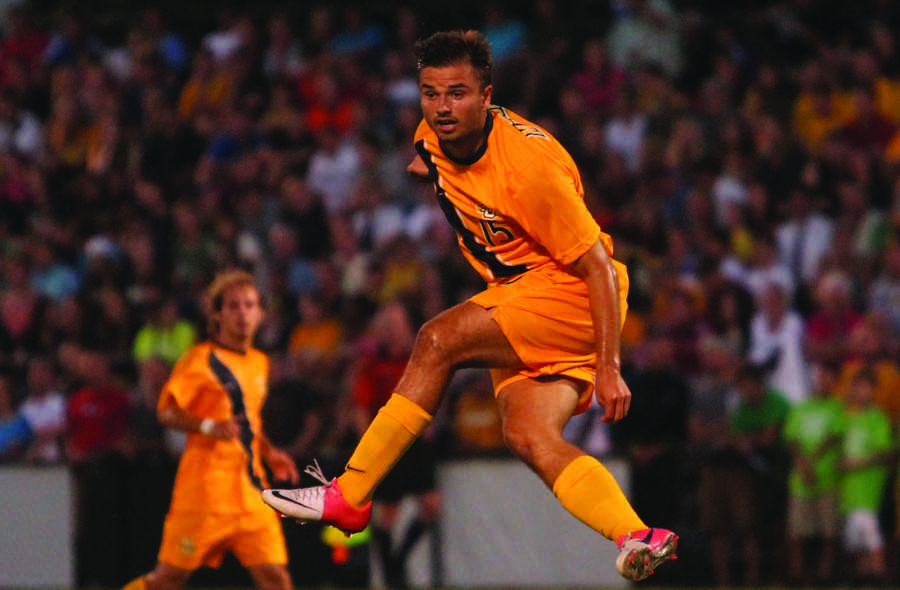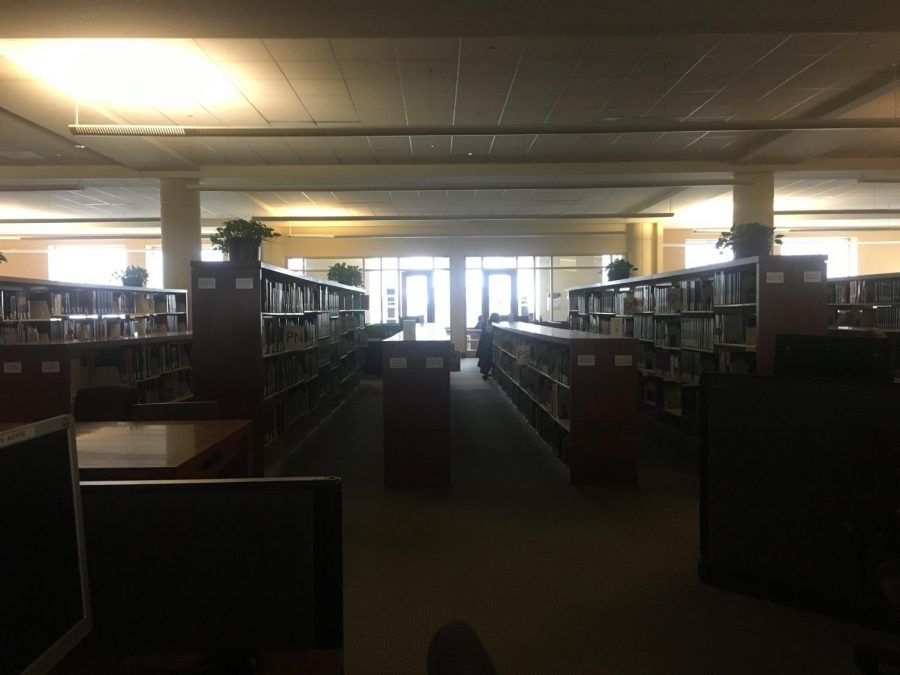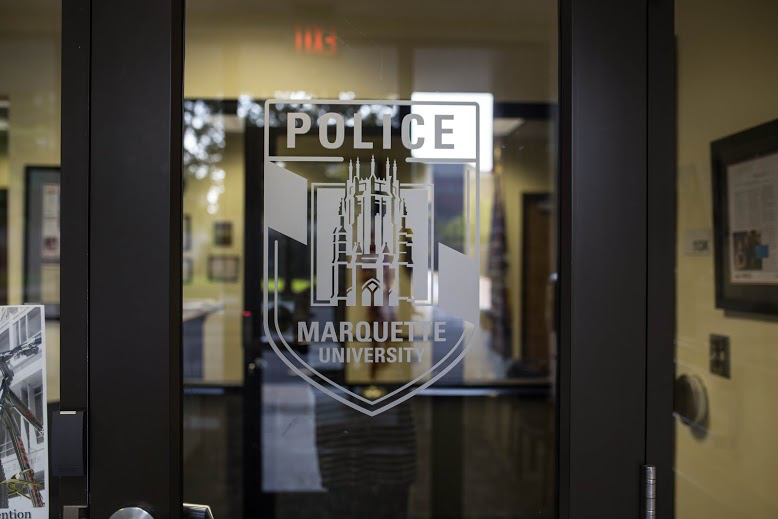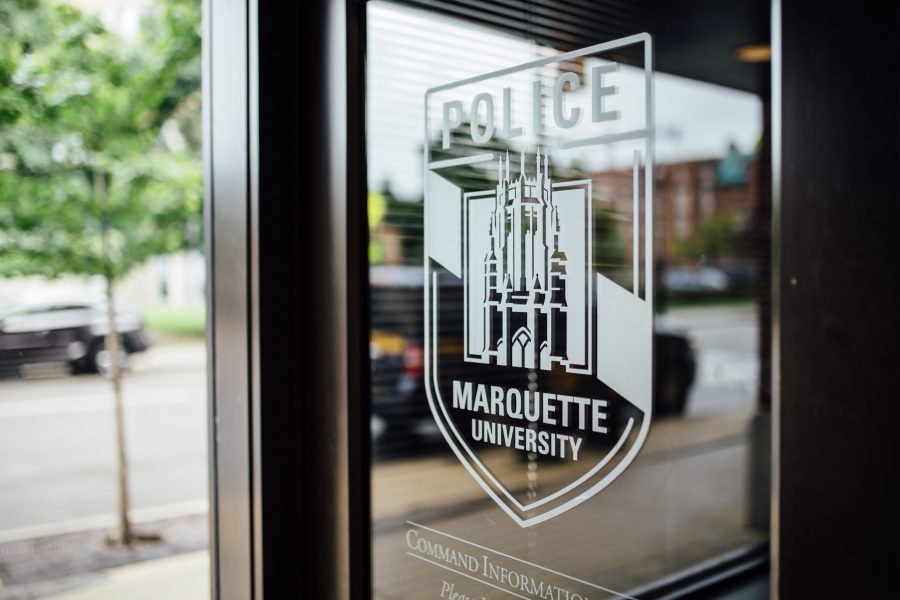
More than 100 million people crowded around their televisions Sunday and sat down to watch the greatest single game in sports, the Super Bowl.
For the first 31.5 minutes, the game was the story. Then, out of nowhere, half the stadium went black. Phil Simms stopped talking mid-sentence (thank God) and the players wandered aimlessly around the field trying to figure out what to do next.
The Superdome, which has not only hosted six previous Super Bowls but also housed thousands of displaced citizens during Hurricane Katrina in 2005, lost power in the second half. The game didn’t resume for 34 minutes.
New Orleans has rebuilt its image since Katrina wrecked the city eight years ago. Brick by brick, home by rebuilt home, the city has improved, and much of the community gradually returned. From a sports perspective, it saved its basketball team when Saints owner Tom Benson bought the soon-to-be Pelicans and extended their lease through 2024.
ESPN ran mini-segments throughout the week highlighting the culture of New Orleans to frame its analysis. Commentators expressed their respect for the city’s sports scene, with Saints fans coming out in force even though their team didn’t make the playoffs, let alone the big game.
But what’s the prevailing feeling about New Orleans coming out of Super Bowl weekend? That it’s run down. That it’s dysfunctional. That it can’t even figure out how to keep the lights on during the biggest game in sports. That it shouldn’t host a Super Bowl again.
I can imagine New Orleans Mayor Mitch Landrieu, sitting in whatever luxury box he watched the game from, slumping into his chair and banging his head over and over again on the table in front of him when he saw those lights go out. Phrases like “not again” and “why now?” come to mind.
Eight years ago, the nation’s eyes were on New Orleans as Katrina tore it apart and knocked the wind out of the city’s undying spirit. People donated and did what they could to help, and then America forgot about this great cultural hub. I know this because I volunteered in New Orleans all four years of high school. After the initial surge of government aid, the people were left without the significant help they sorely needed.
This weekend was the first time the nation turned its full attention back to the city of jazz. New Orleans had a chance to show the rest of the U.S. it was back and better than ever. Instead, it looked like a 20-something who forgot to pay the electrical bill.
The city didn’t need this, not now. I hope, from the bottom of my heart, that it gets a second chance, because there are no nicer people on Earth than the residents of New Orleans, Louisiana.


